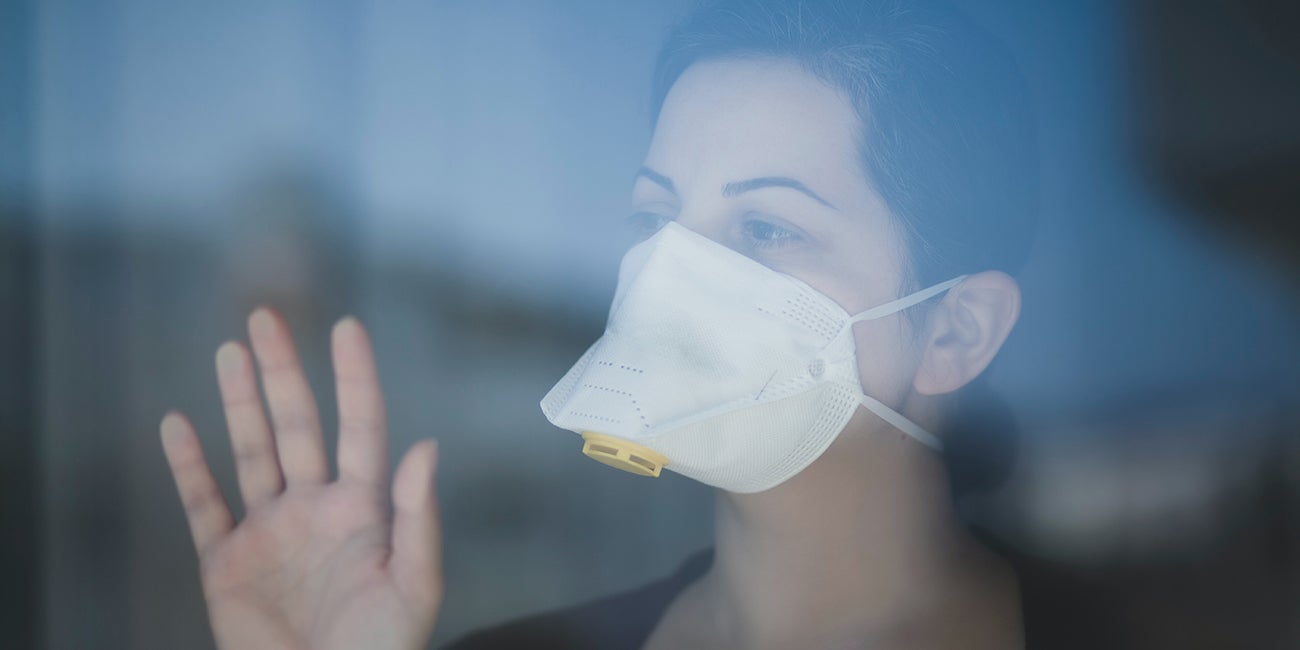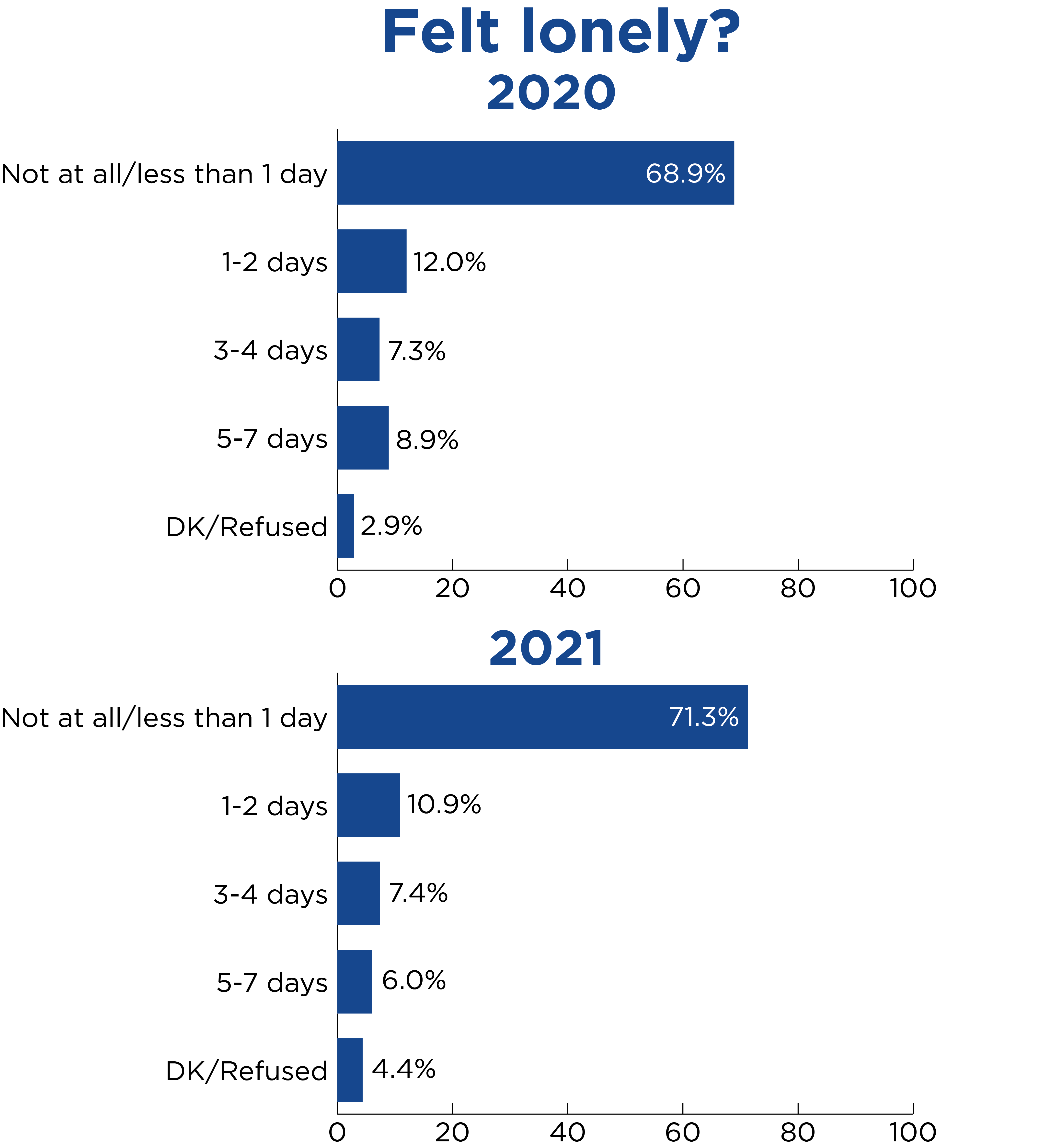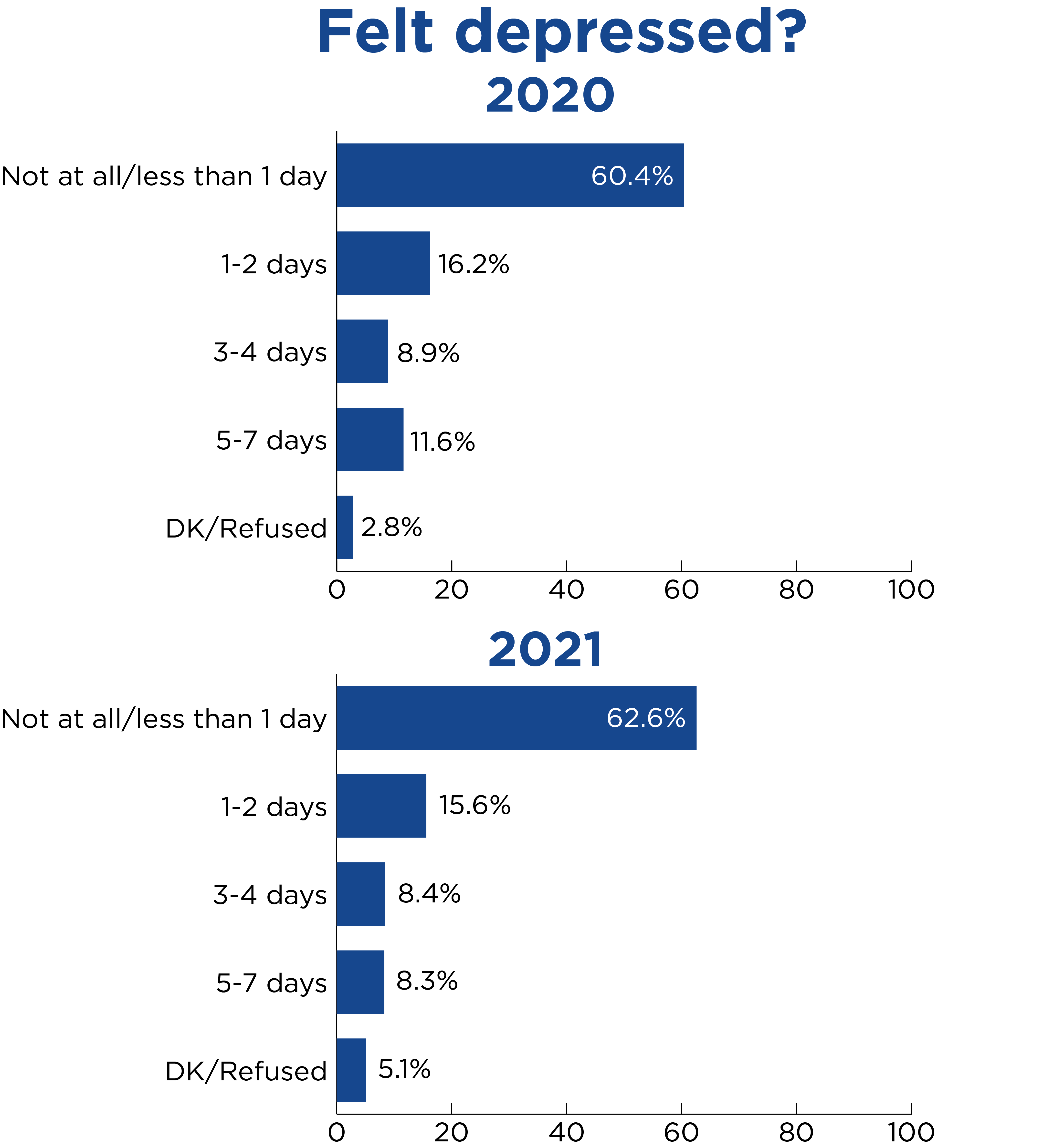
Brittany Winkler is a research and data scientist for G2Xchange, producing federal contracting reports for the Department of Defense. Brittany is a graduate student studying political science and public policy research at Boise State University. Her research interests include data visualization, public policy, and comparative politics. Brittany holds a bachelor’s degree in Political Science: International Relations from Boise State University.
McAllister Hall joined the Idaho Policy Institute in August 2018 to assist with projects that involve educational research and policy. McAllister spent two years teaching high school math and has experience conducting and evaluating large scale survey research. Her research interests include charter schools, teacher training, rural education, housing and homelessness. McAllister holds a master’s degree in Education: Curriculum and Instruction from Boise State University and a bachelor’s degree in Sociology from Brigham Young University.
The following is the third policy brief in a series that explores findings from the School of Public Service’s 7th Annual Idaho Public Policy Survey and places those results within their broader policy context.

Background
The COVID-19 pandemic significantly impacted people’s daily lives, causing disruptions in work environments, schooling, and the ability to participate in society. The epidemic also triggered a financial downturn that continues to influence the economy in unpredictable ways. As researchers try to understand these aspects of the pandemic on a national and global level, the 7th Annual Idaho Public Policy Survey, administered in November 2021, investigates the impact of the pandemic on Idahoans comparatively.
To measure the pandemic’s impact on Idahoans, the survey asked questions about mental health, social service use, vaccinations, and financial health in relation to the pandemic.
Financial Health
Almost two years after the coronavirus recession began, there are some signs of improvement in the U.S. labor market, and Americans are feeling better about their finances than they did at the start of the pandemic. According to a new Pew Research Center survey, approximately half (51%) of non-retired Americans feel the economic impact of the COVID-19 pandemic will make achieving their long-term financial goals more difficult. Idahoans appear to have fared better through the pandemic than Americans as a whole. When asked if their financial condition had improved, worsened, or remained the same since the start of the COVID-19 pandemic, only 26% reported their financial situation worsened, while 58% said their financial status is about the same, and 15% saw improvement. Similarly, in 2021, a quarter (25%) of respondents reported having trouble paying their bills in 2021 due to pandemic effects.

Social Service Usage
During the COVID-19 pandemic, many people suffered from job loss, food insecurity, and reduced access to medical services , especially medical and socially vulnerable populations. Across the country, nonprofit organizations saw an increase in demand for services while also adapting service delivery to pandemic restrictions. However, when asked if they have received food from a food bank or charitable group in 2021, only 15.1% of Idahoans indicated they had. This number is not too different from a 2016 report estimating 14.7% of Idahoans had experienced food insecurity.
In addition to nonprofits, national and local governments saw an increase in social service use. Many social programs were expanded or created during the pandemic, including unemployment benefits, the eviction moratorium, and small business support. Nationally, unemployment spiked in 2020, but returned to pre-pandemic levels by December 2021. Idaho unemployment rates also spiked in 2020, but were lower in December 2021 than January 2020. To understand the impact of unemployment rates on unemployment claims, the survey asked if they received unemployment benefits in 2021 due to COVID-19 implications on finances and 10.8% indicated they had.

Mental Health
The COVID-19 pandemic and consequent economic downturn have harmed many people’s mental health and also created new difficulties for individuals who already suffered from mental health conditions or substance abuse issues. As the pandemic develops, ongoing and necessary public health actions expose an increasing number of people to scenarios associated with poor mental health outcomes, such as isolation and job loss.
Nationally, Idaho ranked 50th out of 51 states (and District of Columbia) in Mental Health America’s annual report in both 2018 and 2019. Idaho has above average rates of adults with mental illness, youth with mental illness, adults with suicidal ideation, and youth experiencing severe major depressive episodes. National rankings for 2020 and 2021 are predicted to be impacted strongly by the COVID-19 pandemic as the number of people seeking help for anxiety and depression increased dramatically in 2020.
To gauge how Idahoans are coping with the mental health consequences of the COVID-19 pandemic, the survey asked how many days in the previous week they had felt depressed or lonely. These questions were also asked in the Statewide Survey distributed in December 2020. At the end of 2020, 20.5% of respondents had felt depressed 3-7 days in the past week, while 16.2% reported feeling lonely between 3-7 days. These numbers improved in the late 2021 Statewide Survey only 16.7% of respondents reported feeling depressed 3-7 days in the past week, while 13.4% reported feeling lonely between 3-7 days.


Vaccination Requirements & Attitudes
Due to public health and safety concerns surrounding COVID-19, businesses, organizations, and public events question what, if any, vaccination or testing criteria they should impose. On a national level, the Supreme Court overturned an administration mandate on January 20, 2022, requiring businesses to mandate their staff to be vaccinated or tested for the coronavirus once a week . By a vote of six to three, the Supreme Court blocked an Occupational Safety and Health Administration emergency mandate for businesses with more than 100 employees, affecting more than 80 million workers. However, the Supreme Court maintained a vaccine requirement imposed by the Centers for Medicare and Medicaid Services on 76,000 government-supported facilities (Mello et al., 2020). Essentially, organizations are not required to mandate vaccines, but are able to do so if they choose.

We surveyed Idahoans to find out what form of COVID-19 procedure they believe would best safeguard everyone’s health while allowing for personal freedom regarding large corporations, organizations, and public events. The most frequent response (45.5%) was no requirement for COVID testing or vaccinations of any kind. A little less than a third (29%) supported a choice between proof of vaccination and regular COVID testing. Requiring vaccinations of everyone, with exceptions allowed only for medical or religious reasons, received the least amount of support at (19.9%). Despite a strong preference among Idahoans for no mandatory testing or immunizations, when asked what they would tell friends or family about the COVID-19 vaccine in 2021, the majority (51.4%) stated they would advise them to get the vaccine. A little more than a quarter (26%) indicated they would not advise them, all other respondents were unsure or refused to answer.
In an Idaho Republican Party poll conducted in 2021, most respondents said that while they don’t support workplace COVID-19 vaccine regulations, they also don’t want the government to decide whether or not employers can. 30% of respondents support employers requiring the COVID-19 vaccine, according to the party’s survey data, while (33%) respondents support healthcare professionals demanding it. However, 31% of those polled believed that the government should decide whether or not employers can require employees to obtain the COVID-19 vaccine.
Conclusion
In sum, the COVID-19 pandemic significantly influenced people’s daily lives, affecting work conditions, education, and their capacity to participate in society. COVID-19 has generated an unexpected response in economic development, mental health, social service usage, vaccination, and financial health, all of which continue to have unanticipated consequences for the country. In contrast to the United States, Idahoans appear to have fared much better during the pandemic in terms of social service usage, vaccination attitude, and financial development. However, it is essential to note that as COVID-19 has prompted mental health consequences throughout the United States, Idaho has experienced an increase in various mental health illnesses.
References
Bureau of Labor Statistics (2022). The employment situation: December 2021. Department of Labor. Retrieved from www.bls.gov/news.release/pdf/empsit.pdf
Horowitz, J., Brown, A., & Minkin, R. (2021). A Year Into the Pandemic, Long-Term Financial Impact Weighs Heavily on Many Americans. Pew Research Center. Retrieved from www.pewresearch.org/social-trends/2021/03/05/a-year-into-the-pandemic-long-term-financial-impact-weighs-heavily-on-many-americans/
Idaho GOP Survey: Most Republicans Don’t Want The Government To Interfere With Employer COVID-19 Vaccine Requirements. (2021). KTVB7.
Mello, M., Gould, W., Duff, B. (2020). A Look at the Supreme Court Ruling on Vaccination Mandate. Stanford Law School. Retrieved from law.stanford.edu/2022/01/20/a-look-at-the-supreme-court-ruling-on-vaccination-mandates/
Mental Health America Releases Annual State Of Mental Health In America Report. (2021, Oct 19). NASDAQ OMX’s News Release Distribution Channel Retrieved from libproxy.boisestate.edu/login?url=https://www.proquest.com/wire-feeds/mental-health-america-releases-annual-state/docview/2583031242/se-2?accountid=9649
Olson, L., Jerolleman, A. (2020). COVID-19’s Impact on the Human & Social Services Sector. The U.S. Federal Emergency Management Agency. Retrieved from www.fema.gov/sites/default/files/2020-11/fema_covid-19-impact-human-social-services-sector_best-practice_11-16-20.pdf
Policy Brief: COVID-19 and the Need for Action on Mental Health. (2020). United Nations, General Assembly. Retrieved from unsdg.un.org/sites/default/files/2020-05/UN-Policy-Brief-COVID-19-and-mental-health.pdf
Prater, D. (2021). 2021 State of the nonprofit sector. BKD CPAs and Advisors.
The Idaho Foodbank. (2016). Idaho hunger statistics [press release].